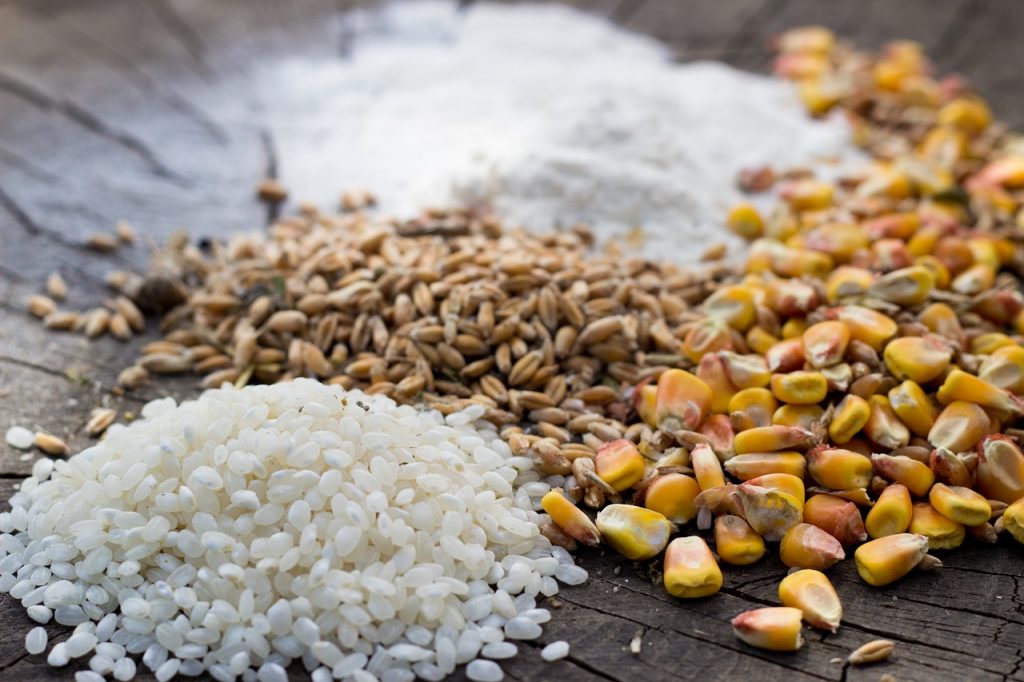
In the past few years, imperical evidence emerged, coaxing us to stay away from all the foods we enjoyed so much in order to live a strong, healthy and disease-free life. Now, along with sugar, fats and diary, you even have grains joining the list of dietary outcasts. How did this happen? Is it necessary? Let’s find out if you should go grain-free!
What is Grain-Free?
Have you ever thought about skipping rice, chapati or your favorite rotis for losing weight quickly? Ever skipped all grains which includes wheat and its products, corn, rice, jowar, ragi, and bajra? That is called going grain-free. It is when you eliminate all grains from your diet.
If you have followed a specific diet like Keto or Paleo, you know that they involve skipping grains. Another reason people avoid grains is the discomfort in digesting them. The specific known culprit is Wheat! But there is hardly any reason enough that suggests grains are unhealthy or promote weight gain.
Are There Any Benefits of Going Grain-Free?
The immediate benefit of going grain-free is that you will notice some weight loss and reduction in bloating. 80% of dry matter of grains is carbohydrates. Reduced intake of excess carbohydrates helps in reducing weight quickly as it also reduces water retention. Hence, skipping grains makes you feel light. It works for short-term weight loss.
However, if you want to go for long-term weight loss, skipping grains might not be such a great idea as it may lead to nutritional deficiency. Whole grains are a major source of Vitamin B in our diet. Restricting it for a long time may lead to deficiency and cause problems. Going grain-free is not for every person. You can get the same benefits by skipping sugar and processed foods. For long term weight loss, go for grains!
What to Watch Out For!
If you are insistent on going grain-free, then plan your diet in such a way that you can cope with the vitamin loss. For instasnce, include green vegetables in your diet. You can go grain-free for a specific period but avoid going long term. Remember that eating whole grains is good for your heart and it reduces the risk of cancer as well.
If you are skipping grains due to digestive discomfort, then take the IgA anti-gliadin antibodies test to see if you have gluten sensitivity followed by endoscopy to check for celiac disease.
Gluten is a protein present in wheat and it will cause you discomfort if you have gluten sensitivity or celiac disease. If you have either of these conditions, avoid wheat, rye and barley. You can safely eat other grains.
To sum it up, you can enjoy eating rice, idli and parathas in moderation. Avoid refined cereal!
We hope this article helps you come to a conclusion on whether you should go grain-free or not! Do let us know your thoughts in the comments below!
#BeTheForce



